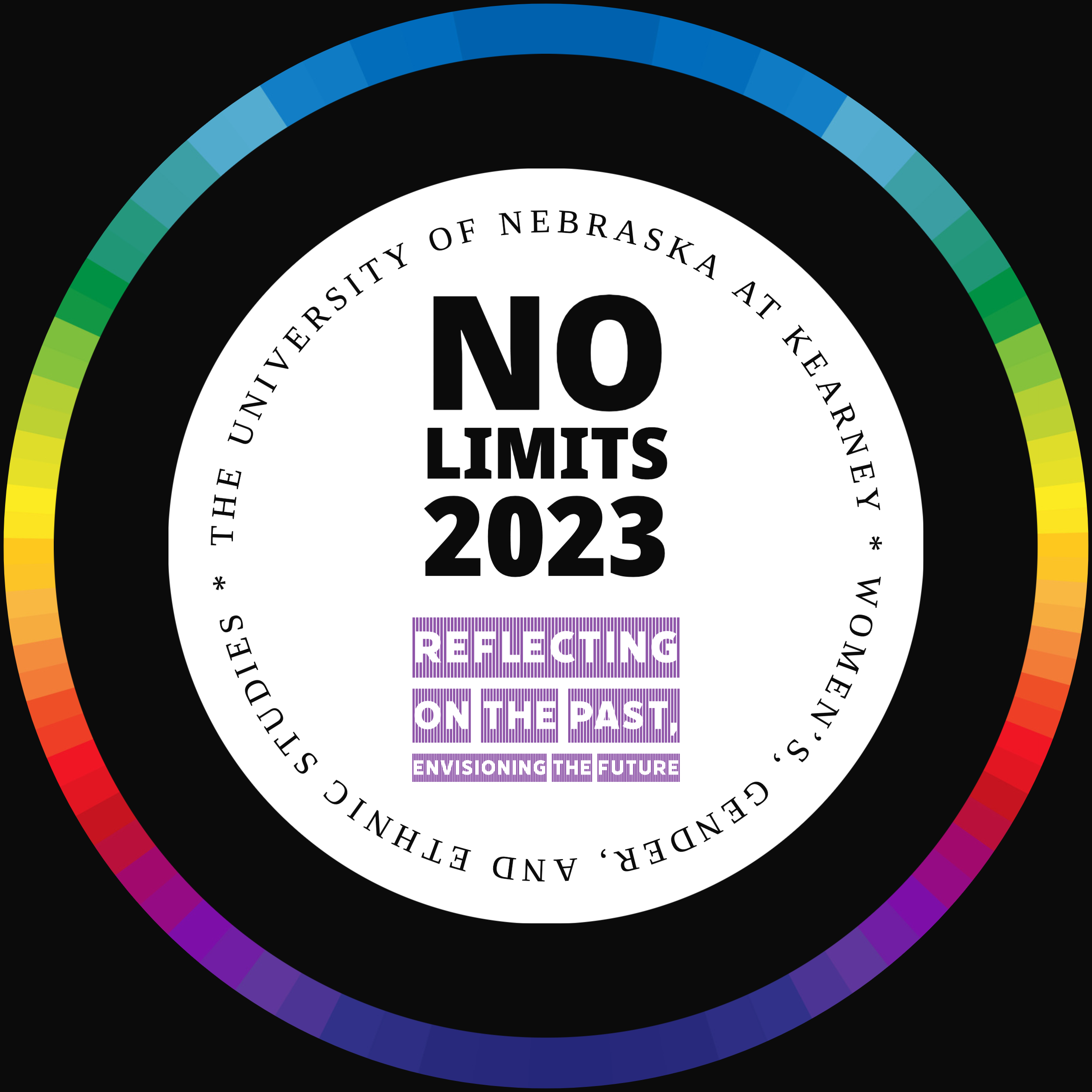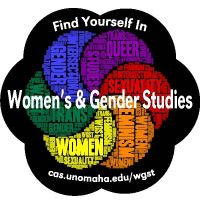Learning the Roots of the Spiral Goddess; Looking Back at the Feminist Goddess Movement of the 80's and the Resurgence Today
Location
Ponderosa Room B
Presentation Type
Presentation
Presentation Topic
History, Women's, Gender and Sexuality Studies, Religious Studies, Social Media, Alternative Religious Identities, Queer
Start Date
3-3-2023 1:25 PM
Event Sort Order
29
Abstract
In the 1980’s there was a radical change in the ways some feminists viewed religion. Archeological findings combined with the changes in the study of religion led many female theologians and feminists to move towards thinking about the gender of God, and the prehistoric points of divine feminine energy. Merlin Stone, Marijia Gimbutas, and Carol P. Christ are three of the seminal scholars, all publishing work piecing together the hypothesis of the maternal prehistory. This movement died off somewhat in the late 90’s- 00’s when many of the seminal scholars faced criticism for their works, citing them as creating a utopian narrative of matriarchal prehistory. Flashing forward to present, social media platforms like Tik Tok and Instagram have bolstered the interest in alternative spiritual practices, many that closely align with Neopaganism and Wiccan. These practices are seen as points of power, connecting them to one or multiple Gods and Goddesses. Social media has given women and queer people the ability to explore religion and spirituality in safe and accessible ways. In 2022 I created and sent out a survey to the University of Central Oklahoma student population assessing their perspectives on alternative spiritual practices and social media and I received 309 responses. This presentation will connect the dots of where the 80’s goddess movement and the resurgence of alternative practices connect, the connection of the research to the survey and where we can see this alternative feminist spiritual continue.
Learning the Roots of the Spiral Goddess; Looking Back at the Feminist Goddess Movement of the 80's and the Resurgence Today
Ponderosa Room B
In the 1980’s there was a radical change in the ways some feminists viewed religion. Archeological findings combined with the changes in the study of religion led many female theologians and feminists to move towards thinking about the gender of God, and the prehistoric points of divine feminine energy. Merlin Stone, Marijia Gimbutas, and Carol P. Christ are three of the seminal scholars, all publishing work piecing together the hypothesis of the maternal prehistory. This movement died off somewhat in the late 90’s- 00’s when many of the seminal scholars faced criticism for their works, citing them as creating a utopian narrative of matriarchal prehistory. Flashing forward to present, social media platforms like Tik Tok and Instagram have bolstered the interest in alternative spiritual practices, many that closely align with Neopaganism and Wiccan. These practices are seen as points of power, connecting them to one or multiple Gods and Goddesses. Social media has given women and queer people the ability to explore religion and spirituality in safe and accessible ways. In 2022 I created and sent out a survey to the University of Central Oklahoma student population assessing their perspectives on alternative spiritual practices and social media and I received 309 responses. This presentation will connect the dots of where the 80’s goddess movement and the resurgence of alternative practices connect, the connection of the research to the survey and where we can see this alternative feminist spiritual continue.






Presenter Bio
Alexis McKernan (she/her) is a graduate student at the University of Central Oklahoma. She is pursuing a master's degree in history and one in museum studies. Her research is focused on the rise of new age religious movement in the United States, and their connection to women's movements and queer people. A fun fact about her is that she will be attending a conference in Greece this summer.